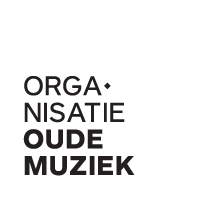Mysterious muses
-
Sun 19 Jan 202520:15 - 22:00Grote Zaal
Rang 1 Standard € 43,00 CJP (Cultural Youth Passport) € 34,50 Stadspas € 34,50 Early Bird (age 13-30) € 12,50 Rang 2 Standard € 34,50 CJP (Cultural Youth Passport) € 34,50 Stadspas € 34,50 Early Bird (age 13-30) € 12,50
Program
19.00 / Early music lecture by Jan Van den Bossche (in Dutch)
20.15 / Main programme
Lodovico Agostini Ecco col nostro Duca
Luzzasco Luzzaschi Cor mio deh non languire
Luzzasco Luzzaschi Non sa che sia dolore
Luzzasco Luzzaschi O dolcezze amarissime d’amore
Luzzasco Luzzaschi Stral pungente d’amore
Luzzasco Luzzaschi Aura soave
Lodovico Agostini Una si Chiara luce
Giuseppe Giamberti Similabo eum
Girolamo Frescobaldi Canzone
Carlo Graziani Iacebam in tenebris
Antoine Boësset Anna mater matris redemptoris nostri
Antoine Boësset Domine Salvum fac regem
Anoniem Ave Maria
Antoine Boësset Salve Regina
Louis Nicolas Clérambault Miserere
Credits
Ensemble Correspondances
Sébastien Daucé conductor












